One of the most rewarding aspects of traveling is immersing oneself in the local culture. It’s about much more than just visiting landmarks or trying out local food – it’s about engaging with the local people, traditions, and customs. During my stay in Egypt, I found myself eagerly embracing the opportunity to explore and experience the richness of its culture firsthand.
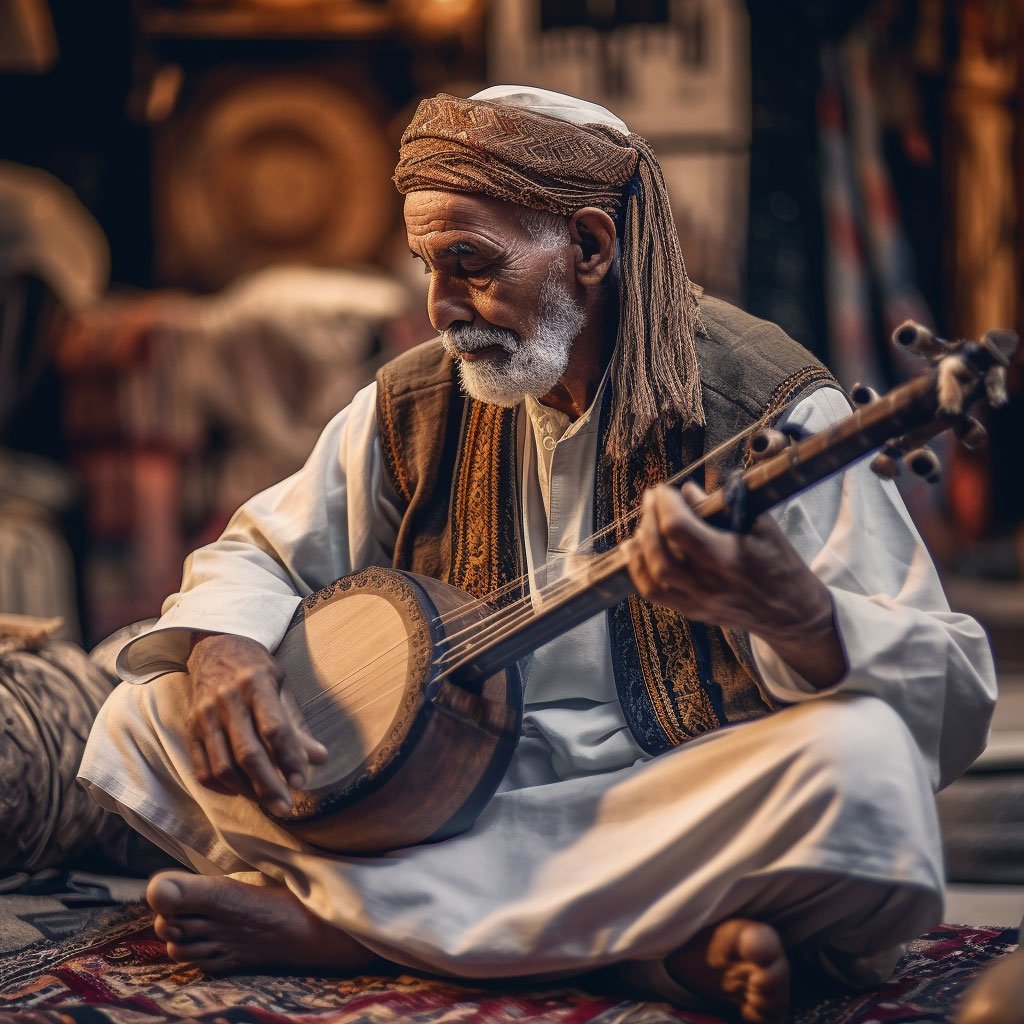
The journey began with a lesson in local attire. In Egypt, traditional garments like the galabeya – a loose-fitting robe – are a common sight. Wearing a beautifully embroidered galabeya, I felt not only the cool comfort it provided in the warm Egyptian climate, but also a sense of connectedness to the local culture. The intricate designs spoke of craftsmanship and tradition, and wearing it felt like donning a piece of Egyptian heritage.
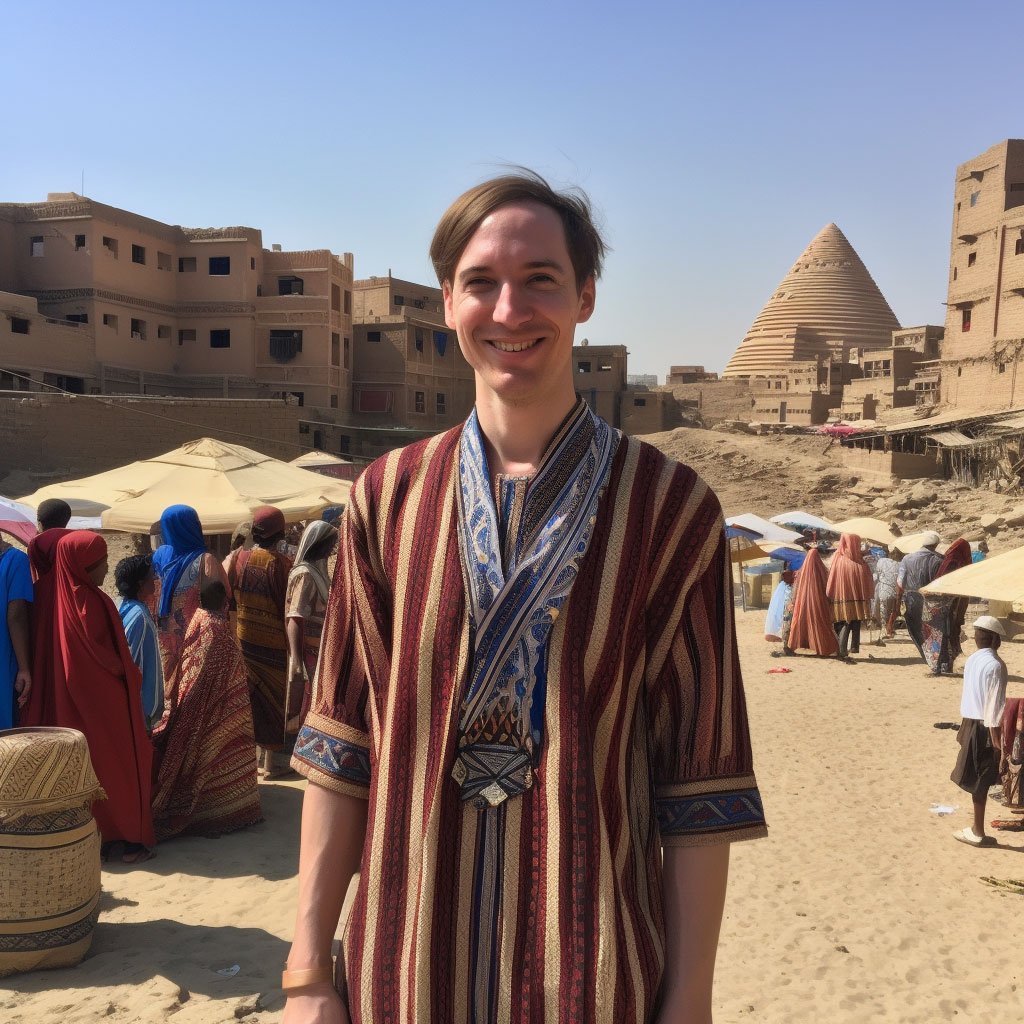
Language, too, played a significant role in my cultural immersion. While Arabic is the official language of Egypt, the local dialect, Egyptian Arabic, is widely spoken. Learning some basic phrases and greetings in Egyptian Arabic brought me closer to the locals. Saying “Shukran” (Thank you) or “Sabah El Kheir” (Good morning) brought a smile to their faces and made my interactions feel warmer and more authentic.
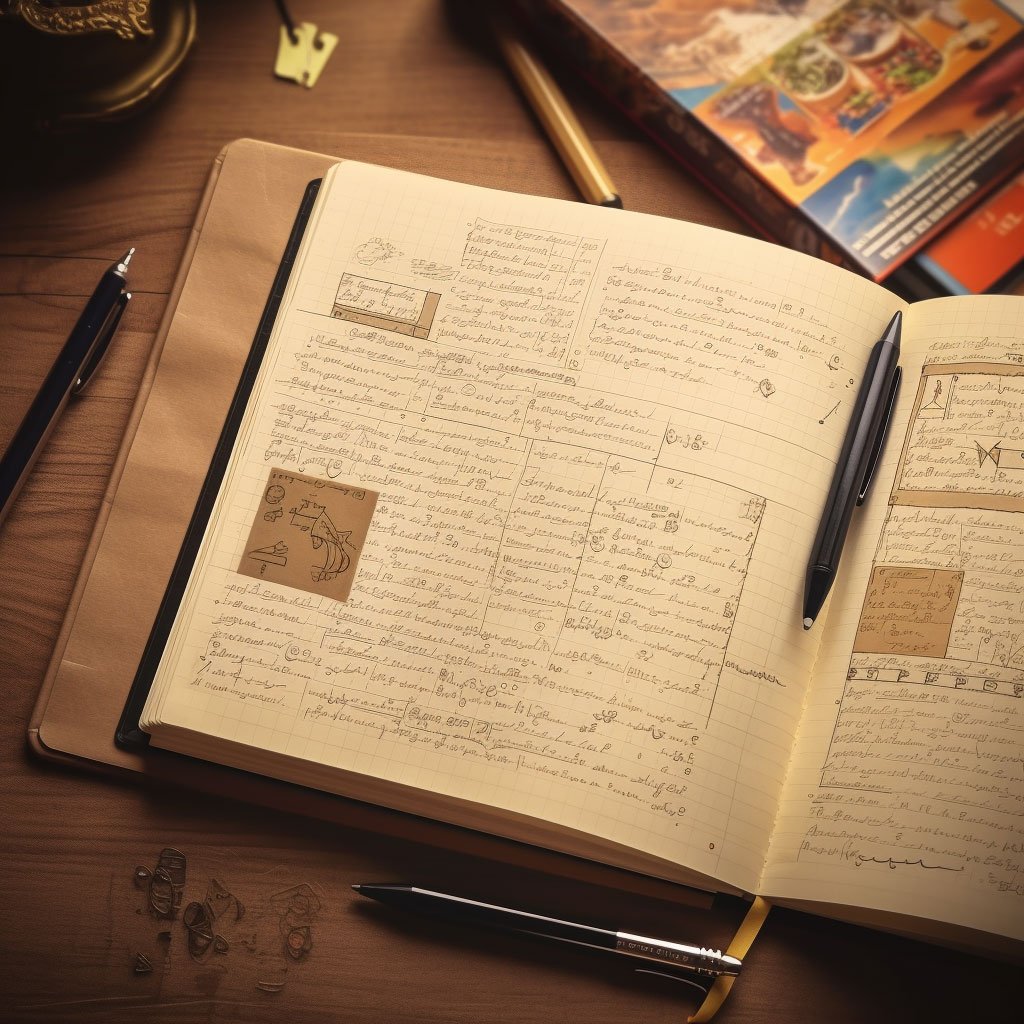
But it was the local festivals that truly encapsulated the vibrant spirit of Egypt. I had the good fortune to attend the Moulid of Sayyid Ahmed al-Badawi festival in Tanta. This religious festival, one of the largest in the country, is a celebration filled with music, dance, and a strong sense of community. The rhythm of the darbuka, a traditional Egyptian drum, was contagious, and I found myself swaying to its beat along with the locals. The atmosphere was electric, filled with joy, devotion, and a shared sense of camaraderie.
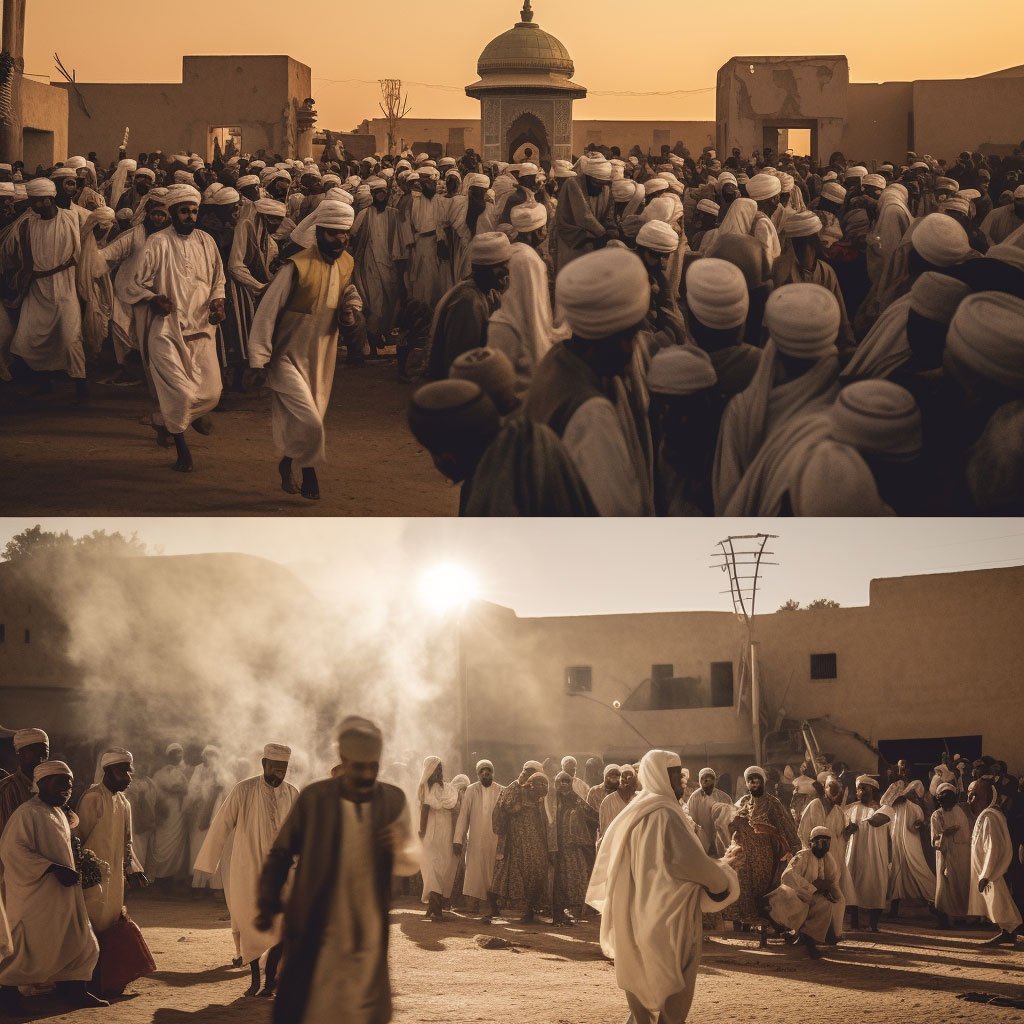
One of the highlights of the festival was the zikr ritual, a form of communal Islamic prayer. Even though I didn’t understand the words, the spiritual intensity of the moment was palpable. It was a powerful testament to the deep-rooted faith and spirituality that permeate Egyptian society.
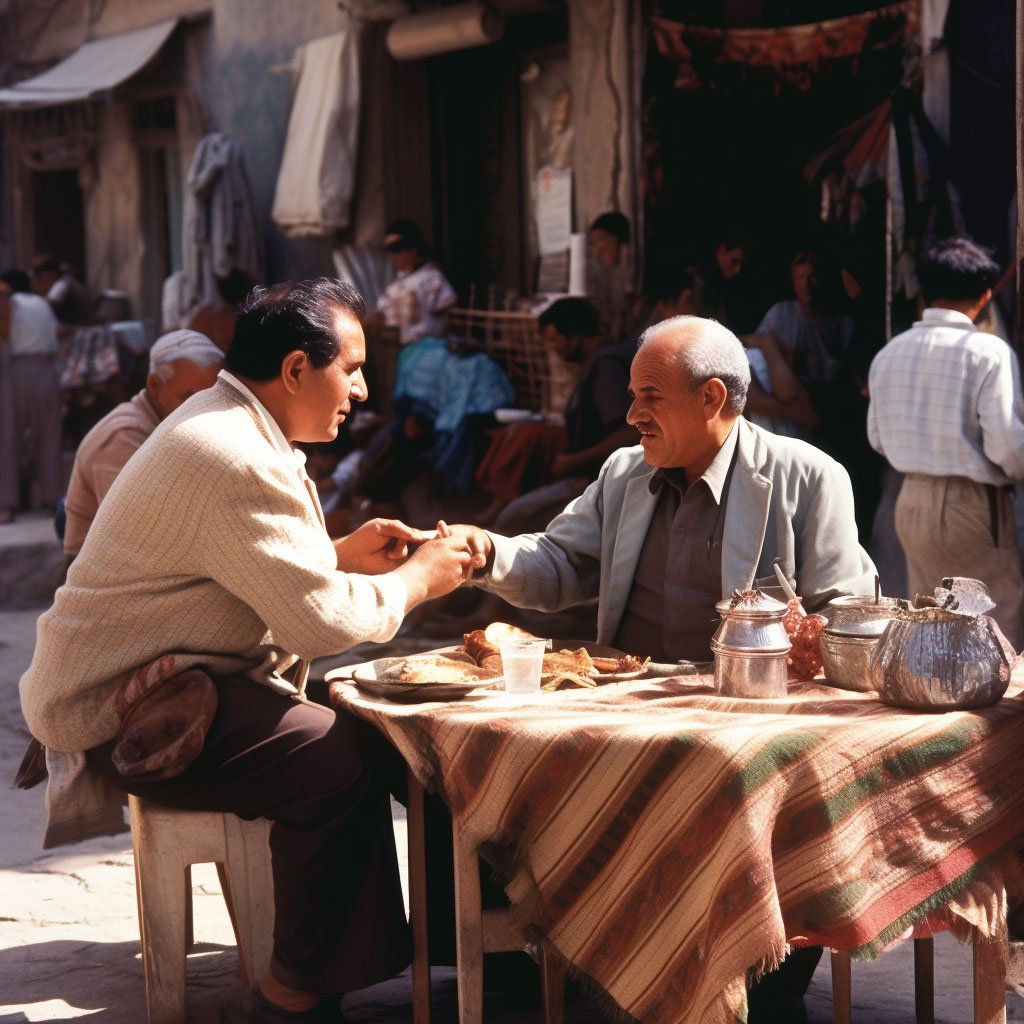
Experiencing these aspects of Egyptian culture made me appreciate the country on a deeper level. It was more than just being a tourist; it was about understanding and respecting their way of life. I walked away with not just memories, but experiences that enriched my understanding of this ancient civilization and its people.
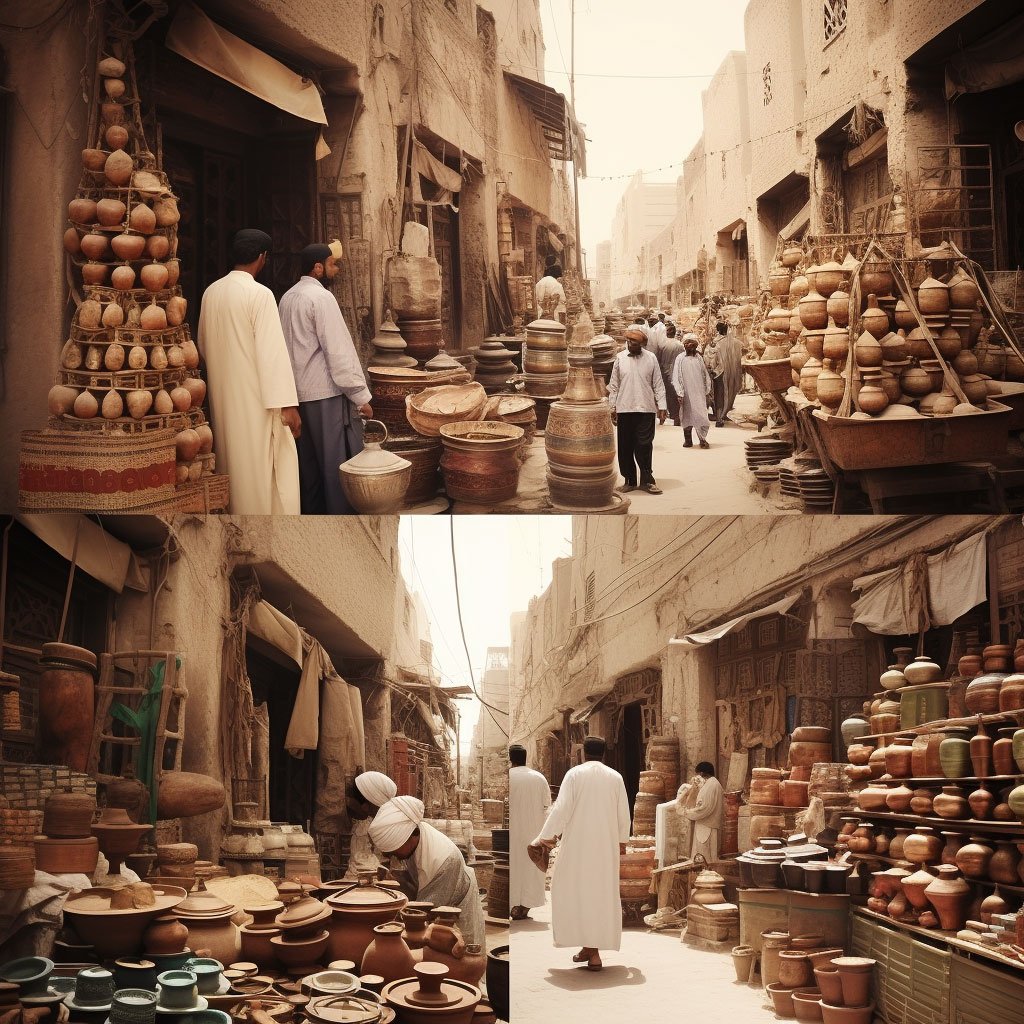
In my next post, we will venture into the heart of Egypt’s museum culture, exploring the treasure troves that hold the keys to Egypt’s rich past. Until then, keep exploring, keep learning, and as the Egyptians say, “Ma’a as-salaama” (Goodbye)!